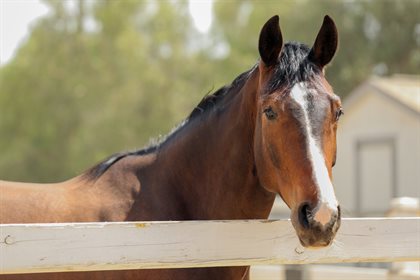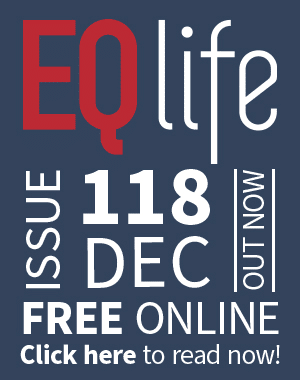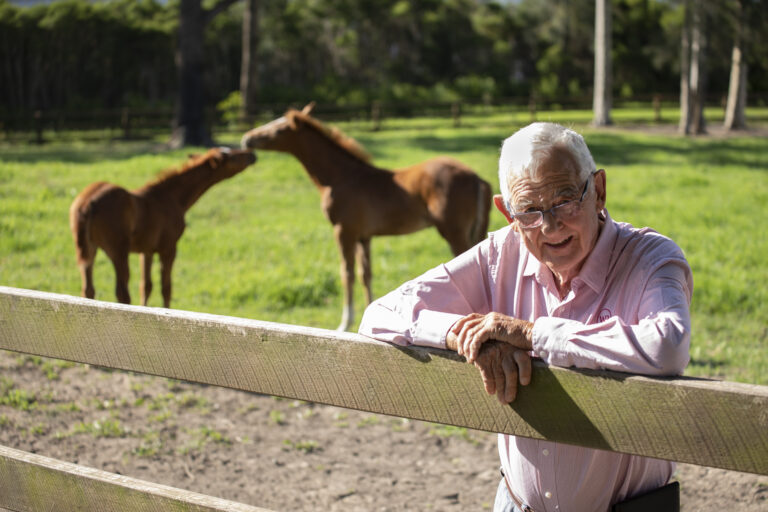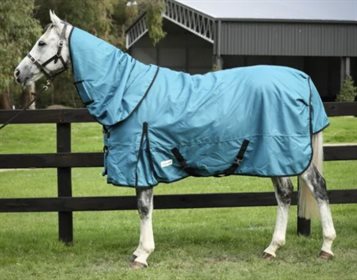Our horses need a little extra care in their old age. © Mitavite
Brought to you by MITAVITE® GUMNUTS®
With winter now underway, it’s important to monitor the condition of our senior horses and evaluate whether changes are needed in their diet.
The following are helpful steps to determine whether your senior horse’s diet and care routine may need a refresh:
1. Assess their starting body condition: What is the horse like before Winter has arrived? A horse in light/good condition is likely to need an increase to its diet over Winter months to provide the additional energy necessary to generate warmth. If your horse is lacking condition before winter arrives, then don’t let its condition deteriorate further before intervening.
2. Look at the external environment: Environmental factors play a role in how much energy a horse uses to keep warm. If a horse is using energy to stay warm, then they require that energy to be replaced in their diet. Otherwise, they will lose condition. Consider factors that help protect horses from cold temperatures such as shelter and rugging.
3. Review their diet: Roughage (hay, fibre, pasture) is the foundation of any good diet. Roughage plays an even more important role in winter because the digestion and fermentation of roughage helps increase the horse’s internal body temperature. Always take good quality roughage into account when evaluating your horse’s diet.
4. Winter nutrient needs: With roughage covered, a senior horse’s nutrients need to be checked. Winter requires a greater “top up” of nutrients because the pasture typically decreases in nutritional value. A specialty senior feed such as MITAVITE® GUMNUTS® is ideal for providing senior horses with the nutrition they need.
THE GUMNUTS® ADVANTAGE
- Fully steam extruded to increase digestibility to over 90% in the small intestine maximising nutrient utilization.
- Nutrient dense to provide optimal nutrition for older horses and ponies.
- Live yeast probiotic to support gut health & aid digestion.
- Natural, bioavailable vitamin E works as an effective antioxidant & supports muscle function.
- Bonafide®, featuring Quinaquanone®, a Bioavailable form of Vitamin K1 & K2, proven in trials to increase bone density.
- Can be wetted down easily to a mash for beloved oldies with poor teeth.
5. Don’t forget the water: Water might not be front of mind when thinking about winter, but good drinking water is a fundamental part of your horse’s nutrition and it is no less important in Winter.
Issues can arise in winter when a horse consumes less water. Fresh grass contains up to 80% water, so when a winter diet substitutes the lack of grass with hay, then there is a need to acquire water from elsewhere. The most obvious source is the trough, but winter trough water is often cold and requires the horse to expend energy to warm their tissues back up. As a result, some horses instinctively drink less water in winter, which is problematic when the fibre in their digestive system needs hydration to help break it down. Speak to your veterinarian or equine nutritionist if you suspect your horse is not drinking enough water in winter.
If you feel that you need a helping hand, then don’t be afraid to reach out to your veterinarian or equine nutrition advisor. Often, only minor adjustments are needed to greatly improve your horse’s wellbeing and give you peace of mind. If big adjustments are needed, then your nutrition advisor can help guide you through this process and steer you from common missteps. Check out Mitavite’s website for more information.

READ THE LATEST NEWS ARTICLES HERE









